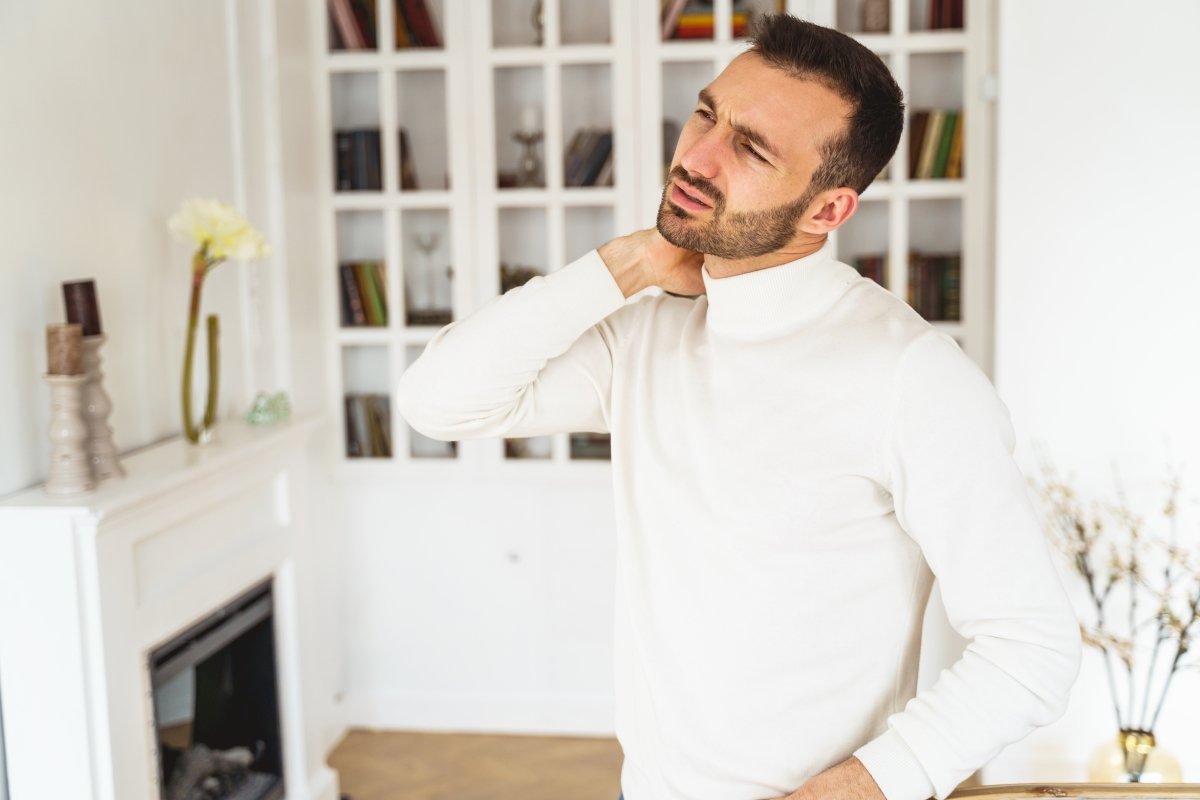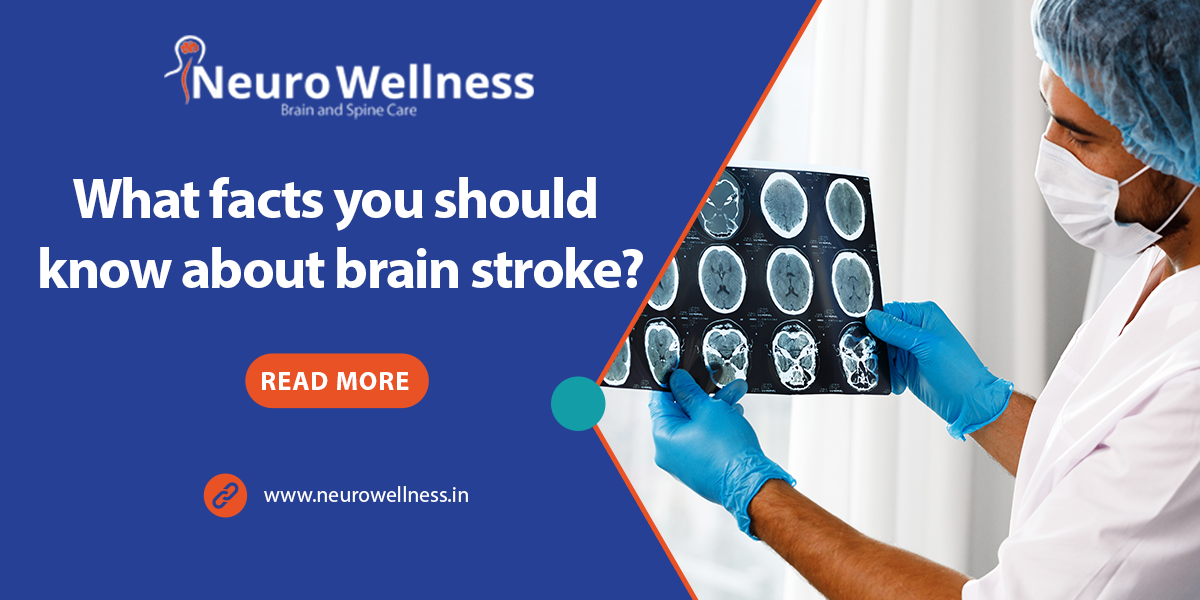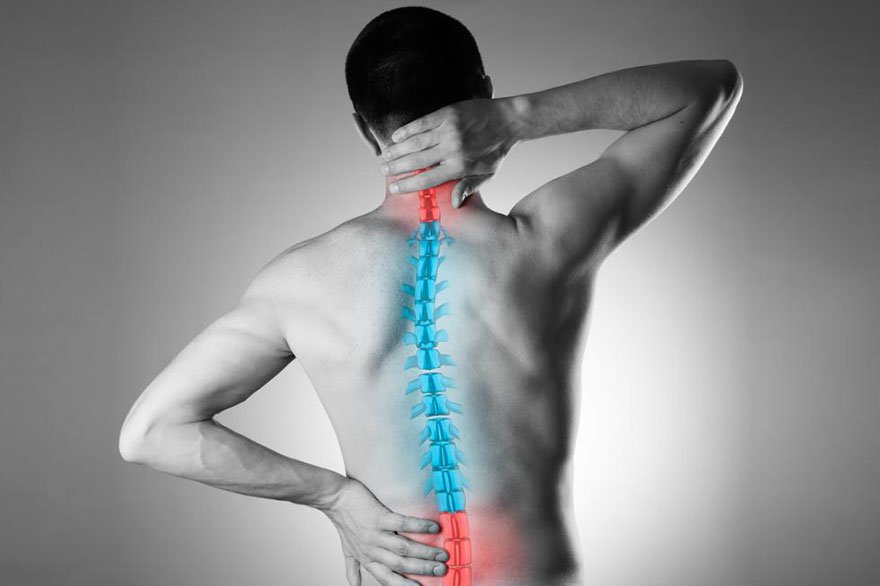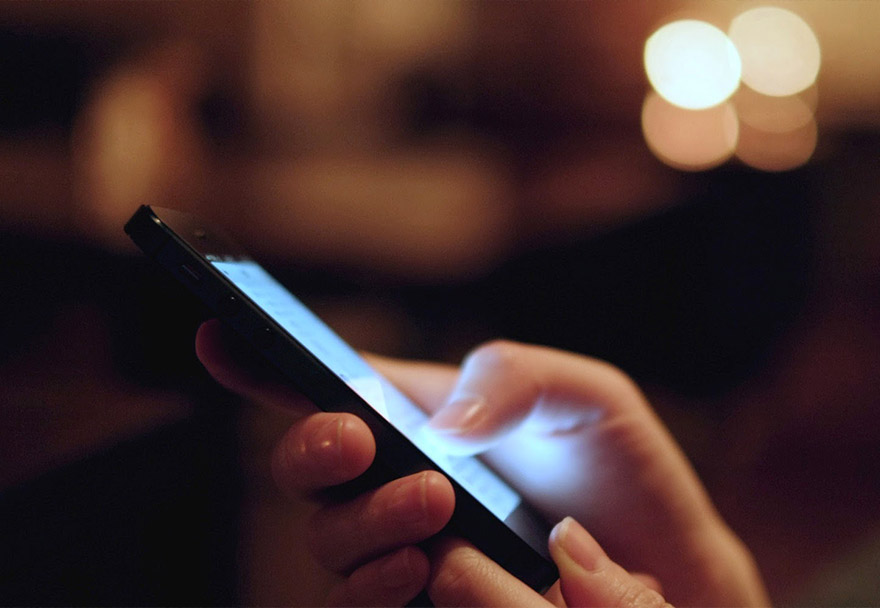If you’re experiencing sharp, throbbing pain at the back of your head, you may be suffering from occipital neuralgia. At NeuroWellness in Electronic City, Bengaluru, we provide specialized occipital neuralgia treatment using a combination of accurate diagnosis, targeted pain relief therapies, and advanced neurosurgical techniques led by Dr. Ganesh Veerabhadraiah. Whether caused by nerve compression, trauma, or other conditions, our approach ensures lasting relief and improved quality of life.
The occipital nerves, which originate at the top of the spinal column and pass through the head, can become irritated or damaged, resulting in occipital neuralgia. The base of your skull or the back of your head may hurt.
Because the symptoms can be similar to those of a migraine or another type of headache, people may mistake it for one of them. However, the therapies or treatments for those ailments range greatly, so it’s crucial to consult your doctor to receive the proper diagnosis.
This headache condition causes brief, possibly minute-long attacks of acute migraine or electric shock-like pain. Occipital neuralgia is far less prevalent than migraine headaches, which also stay longer.
Occipital neuralgia is distinct from other headaches or migraines while sharing similarities with trigeminal neuralgia. In contrast to occipital neuralgia, which affects the rear of the head, trigeminal neuralgia affects the front of the head and face. Find the Best Occipital Neuralgia Treatment in Bangalore at Neurowellness – Neck Pain Treatment in Bangalore.
Read more: neck pain treatment bangalore

Dr. Ganesh Veerabhadraiah
Consultant – Neurosurgeon, Neurointerventional Surgery, Spine Surgeon (Neuro)
23+ Years Experience Overall (17+ years as Neuro Specialist)
Available for Consultation: Jayanagar 9th Block & Kauvery Hospital, Electronic City
Occipital neuralgia: Is it curable?
In the conventional sense, occipital neuralgia cannot be treated completetly. Attacks may be avoided, though, and the agony can be controlled. As long as the underlying reason does not reappear, you should be “cured” if you can identify the underlying cause of your occipital neuralgia and treat it.
Symptoms of Occipital neuralgia:
• Rapid-fire headache discomfort.
• A more persistent, dull headache.
• Sensitivity to light.
• The capacity for touch.
• Pain that is throbbing, aching, and burning and usually radiates from the scalp to the base of the head.
• One or both sides of the head may be in pain.
• Suffering from eye pain.
• A soft scalp.
• Discomfort when moving your neck.
Occipital neuralgia: how severe is it?
Occipital neuralgia is not a serious illness. However, occipital neuralgia may impair your capacity for work, or just general quality of life. That is why if your occipital neuralgia flares up, you should get therapy.
What causes Occipital Neuralgia?
The occipital nerve roots, which are found at the top of your spinal cord, are what cause occipital neuralgia when one or more of them become inflamed or irritated. 92% of the time, the greater occipital nerve, the greatest of the nerves, is damaged when occipital neuralgia occurs.
• Injury to the neck (such as whiplash)
• Muscle tightness
• Infection
• Gout
• Diabetes
• Tumours
• Blood vessel inflammation
• Cervical disc disease
• Arthritis of the upper cervical spine Advanced Neurosurgery in Bangalore
• Nerve compression in the cervical spine
• Trauma to the back of the head
• Neck tension
• OsteoarthritisOur team of specialists collaborates to provide the Best Occipital Neuralgia Treatment in Bangalore at Neurowellness.
Treatment of Occipital Neuralgia:
The occipital nerves’ irritation or inflammation is what leads to occipital neuralgia.
Get the Best Occipital Neuralgia Treatment pain as at Neurowellness, a Top Neck Pain Treatment in Bangalore.
• Massage treatment.
The gentle manipulation of muscles and soft tissues is referred to as massage treatment. The muscles in your upper neck and other tense muscles are frequently relaxed by massage.
Given that tense neck muscles may irritate occipital nerves, it should come as no surprise that massage treatment offers a lot of promise for treating occipital neuralgia brought on by muscle tension.
• Over-the-counter drugs or medications.
Over-the-counter drugs may be recommended by doctors to treat occipital pain.
Occipital discomfort may result from inflammation of your occipital nerves. However, irritation or compression of the occipital nerves due to inflammation of the surrounding blood vessels or muscles might cause a secondary occipital neuralgia.
Anti-inflammatory drug used to treat nerve pain. It lessens inflammation, which can cause occipital neuralgia’s shock-like discomfort.
• Prescription drugs.
In addition, doctors may recommend prescription medications like muscle relaxants or antidepressants to treat occipital neuralgia pain. Muscle relaxants should relieve tension on the muscles that surround your occipital nerves, relieving pressure and reducing occipital discomfort.
Tricyclic antidepressants, SSRIs (selective serotonin reuptake inhibitors), and anti-seizure medications are all frequently prescribed medications used to treat occipital neuralgia. Before taking any of them, talk to your doctor about the potential side effects because there is a long list of them.
• Injections.
Injections can also be given by medical professionals to treat occipital neuralgia. Since they need more intervention than other therapies, injections are frequently used as a last resort when all other options have failed.
Up to a year of occipital pain alleviation may be obtained by injecting local anaesthetic close to the occipital nerves. If the underlying cause is not addressed, occipital neuralgia will eventually recur.
• Physical therapy.
Physical therapy is frequently used to treat occipital pain that is brought on by muscle stress, bad posture, or neck injuries. Your neck can get stronger and less tight by stretching or exercising, according to physical therapy advice. He or she might instruct you on occipital neuralgia exercises and stretches, initially in a therapeutic setting but later on your own at home.
• Home remedies.
A few natural treatments exist for occipital neuralgia. These are non-invasive, affordable, and have no negative side effects.
Among the effective natural treatments for occipital neuralgia are:
A warm compress.
• Self-massage.
• Green tea.
• Put some heat on your neck.
• Rest in a peaceful area.
• Massage your neck’s sore, tight muscles.
• Use over-the-counter pain relievers, such as naproxen or ibuprofen.
Surgery.
Even though surgery is uncommon, it may be an option if other therapies fail to relieve your discomfort or it keeps returning. Surgery could involve:
• Decompression of the microvasculature By locating and correcting blood vessels that might be pinching your nerve, your doctor may be able to treat your discomfort.
• Occipital nerve stimulation. Your doctor administers electrical pulses to your occipital nerves using a device known as a neurostimulator. They may be able to prevent the brain’s perception of pain.
Neuro Wellness is one of the best clinics for Occipital neuralgia and Dr. Ganesh Veerabhadraiah is known as a renowned Neck Pain Specialist in Bangalore.
Occipital neuralgia: Does it go away? If the cause of your inflamed occipital nerve is treated, your occipital neuralgia can go away over time.
The bottom line:
A few hundred thousand people worldwide experience occipital neuralgia each year, which is a rare ailment. This illness is not always treatable, despite the fact that the discomfort is bearable.
But with excellent care, occipital neuralgia pain can be managed, and even future attacks can be avoided.
Consider the best care and treatment if you get frequent headaches at NeuroWellness – The Best Neurology Hospital in Bangalore. We gently manipulate the spine using methods supported by evidence. Adjustments to the spine can usually relieve headache pain.
FAQs
1. Is occipital neuralgia curable?
While not always curable, occipital neuralgia can be effectively managed with medication, physical therapy, nerve blocks, or surgery.
2. What doctor should I see for occipital neuralgia?
A neurosurgeon or neurologist who specializes in head and neck nerve conditions.
3. What triggers occipital neuralgia pain?
Common triggers include neck tension, nerve compression, injury, or underlying health issues.
4. What is the recovery time after treatment?
It depends on the treatment chosen — conservative therapies may provide relief in days, while surgery might require 2–4 weeks of recovery.






